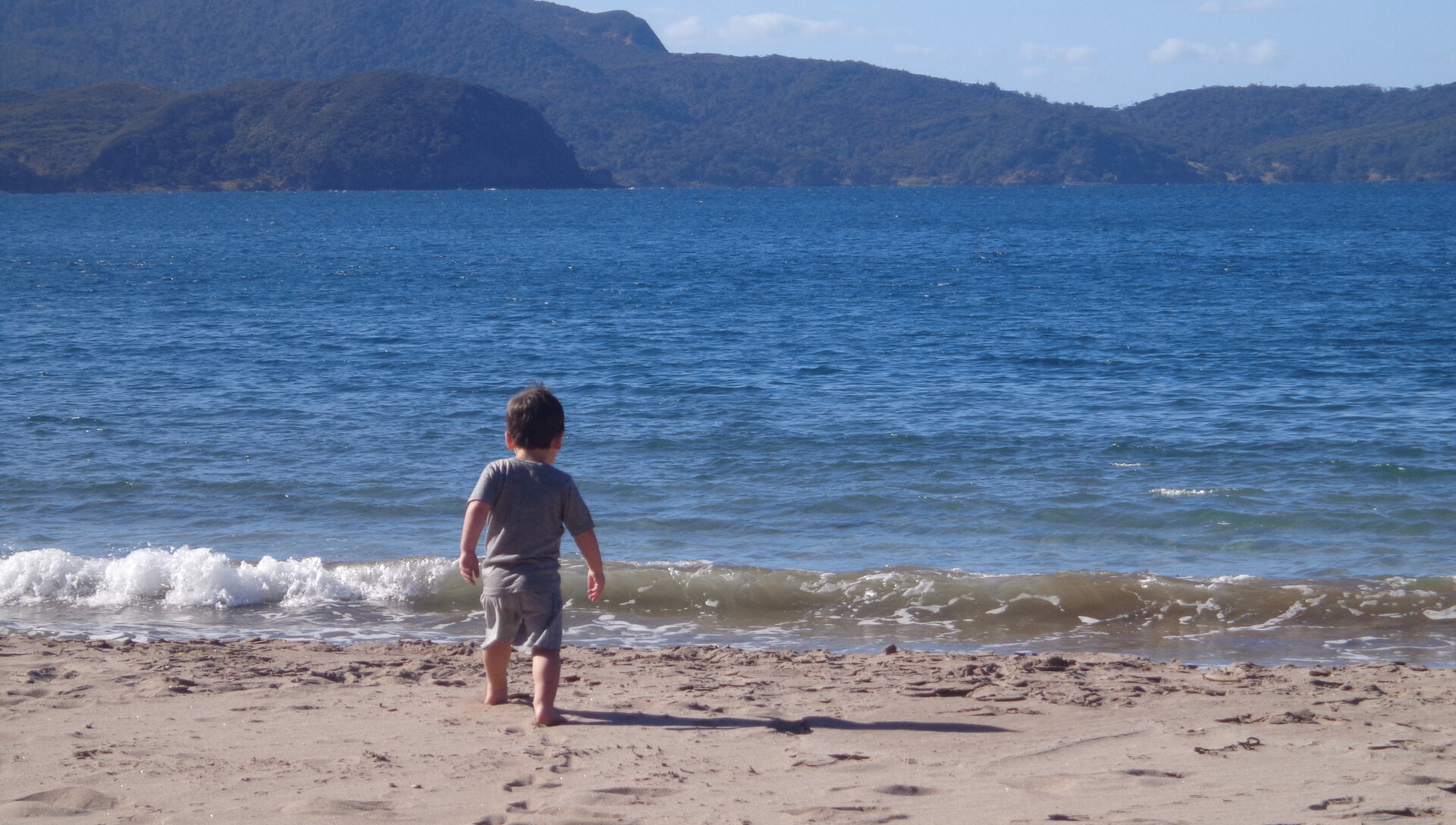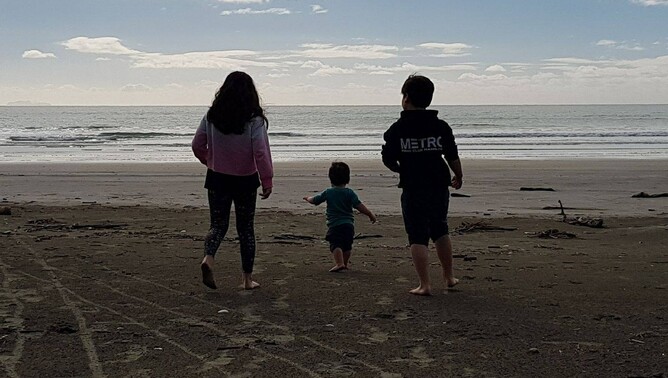"Human behaviour flows from three main sources: desire, emotion, and knowledge." Plato
We think it is fair to say that the 'Climate Debate' is no longer that...a debate. We have seen an obvious shift from "Is it real?" to "Oh yes, but not in our lifetime." Not huge progress, but some. What now exists is evidence of not just knowledge gaps, but knowledge chasms. With the social and mainstream media outlets dominating and leading the majority of the mainstream climate change discussion both in New Zealand and internationally, the resulting information that is reaching the average New Zealander is alarming or alarmingly monochromatic. The difficulty that exists for the digital media is that climate change is a slow moving beast. It is not fast, not dynamic or explosive. Even picking the most alarming of stories or scientific findings that are produced, the average newsroom would struggle to validate a climate change headline worthy of surpassing the latest Kardashian exploit or Royal baby addition. In attempts to do so they have focused on the most alarmist approach to climate change as possible. Headlines such as "Will We Survive Climate Change?" (New York Times, Nov 19, 2018) simply polarise or alienate middle New Zealand, young and old who are busy in the now, paying their bills, driving the kids to school and heading off to work. Alternatively, the media focuses on research that although interesting to some, is hardly capturing the interest of the masses to evoke change - "Climate change will even change the colour of oceans, research finds" (Stuff, Feb 5, 2019). Relevance to one's own reality becomes key, and turning research into action for every day people is a critical part or delivering the message or dissemination.
Climate change information and discussion exists in academic circles, with 'Greenies', with coastal dwellers, and nervous and future focused farmers, but not with middle New Zealand. Without the majority of our country seeking to understand or being "delivered" the right information, the future of decision making, policy making and research, is challenging. Without the "middlers" taking an interest, then any change, any action is doomed before it hits the starting line.
Climate change action depends on the masses, it is a numbers game in multiple ways. Every vehicle is counted, every animal is counted, every tree is counted. Every action by an individual makes a difference, so reaching the masses is critical to actioning and making change. It is the behavioural changes that will be of the utmost importance until policy forces change, and also to ensure smooth transitions of any policy introduced into the future.
We have seen the phase of early adopters actioning change based on emotion, passion and desire. We have heard and seen the drives to "save our world for the benefit of our children", the emotive, the extreme. In a world full of extreme media, this emotive content is not having an impact.
People are smarter, savvier and primed to receive knowledge and make change. This just needs to be delivered in a way that time poor, but digitally competent middle New Zealand can access, see relevance in and share. Movements are afoot on many an issue, but this is not a case where a movement is required. This requires the largest societal shift since the industrial age, and it needs to happen within the next 5 years, in fact, now.
It is now time to encourage action through knowledge. There is an obligation on scientists, academics and researchers tasked with creating and disseminating their publicly funded research, to begin to deliver this to middle New Zealand. There may be no 'peer review process' for Twitter, or Facebook or Instagram, nor accolades for dissemination through community hui and workshops, but there are millions of New Zealanders, and billions worldwide awaiting knowledge, and deserving of intellectual content that will enlighten and enrich their choices, their behaviours and their actions.
If knowledge is power, then let's power up the people.

